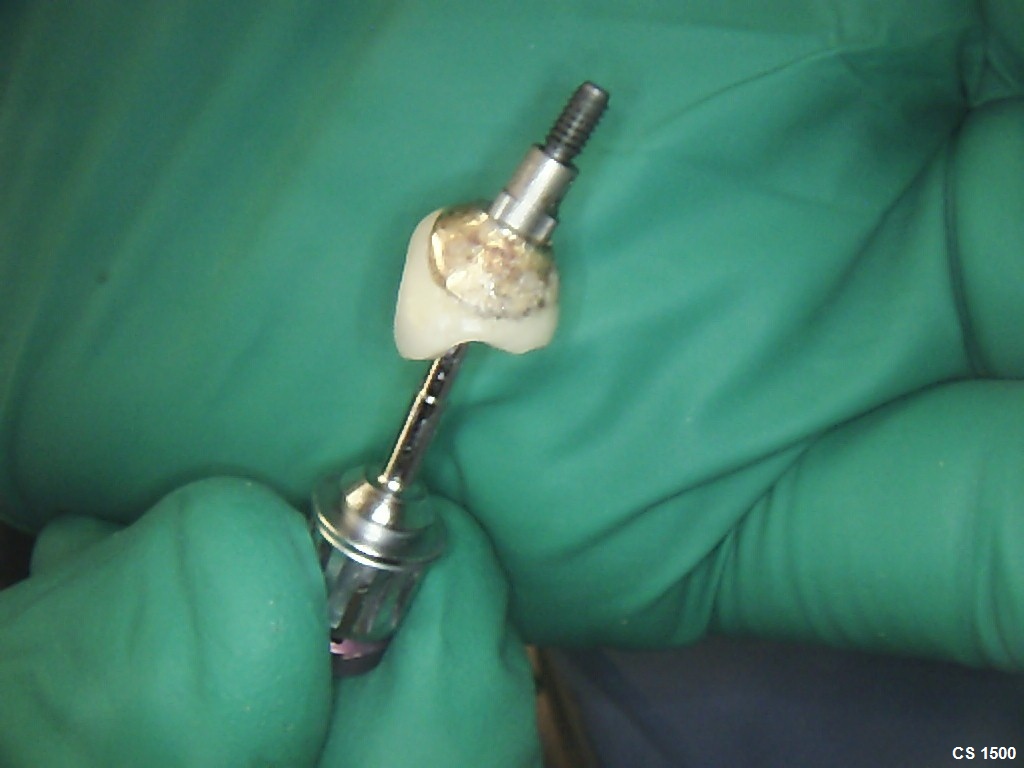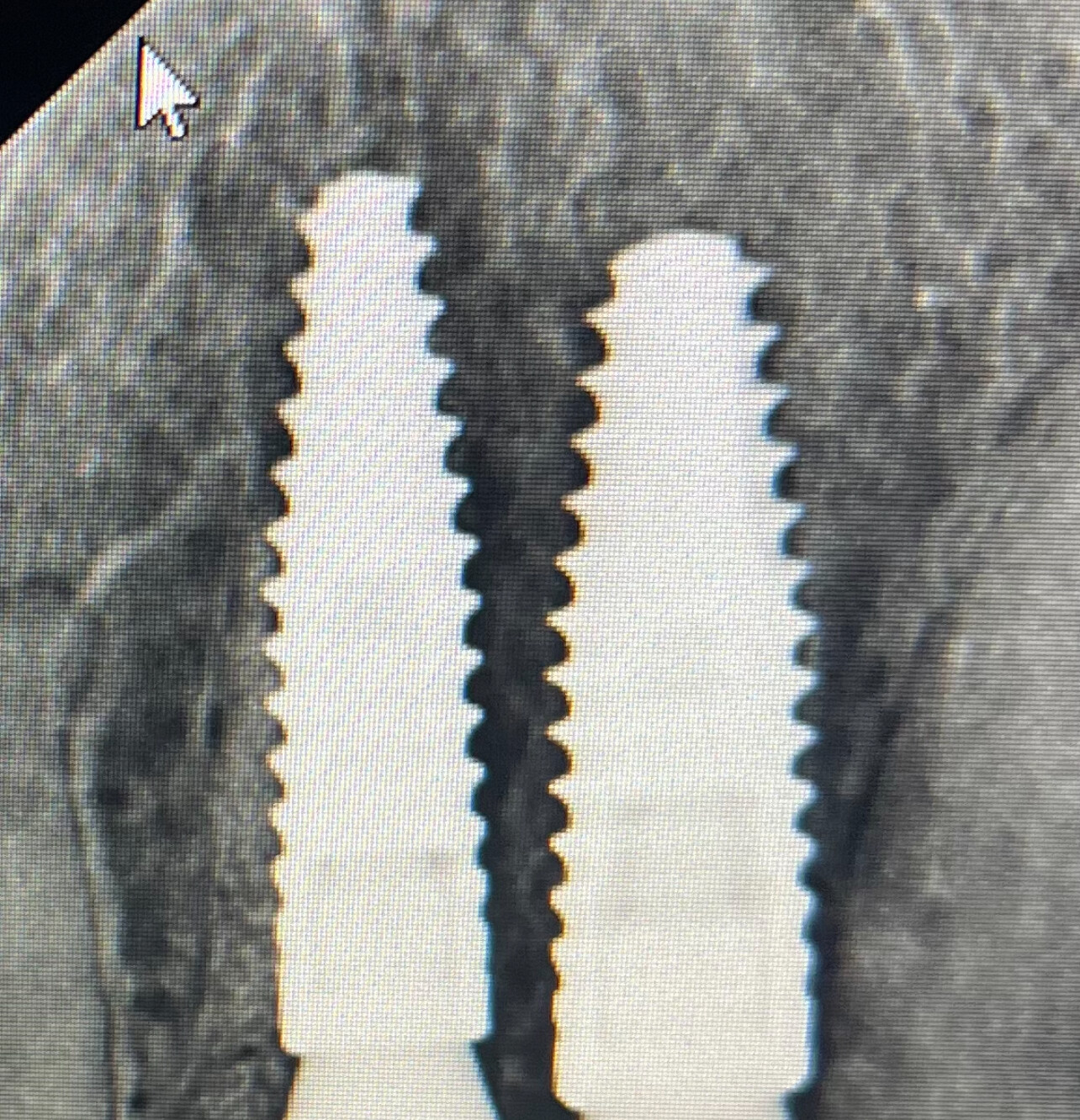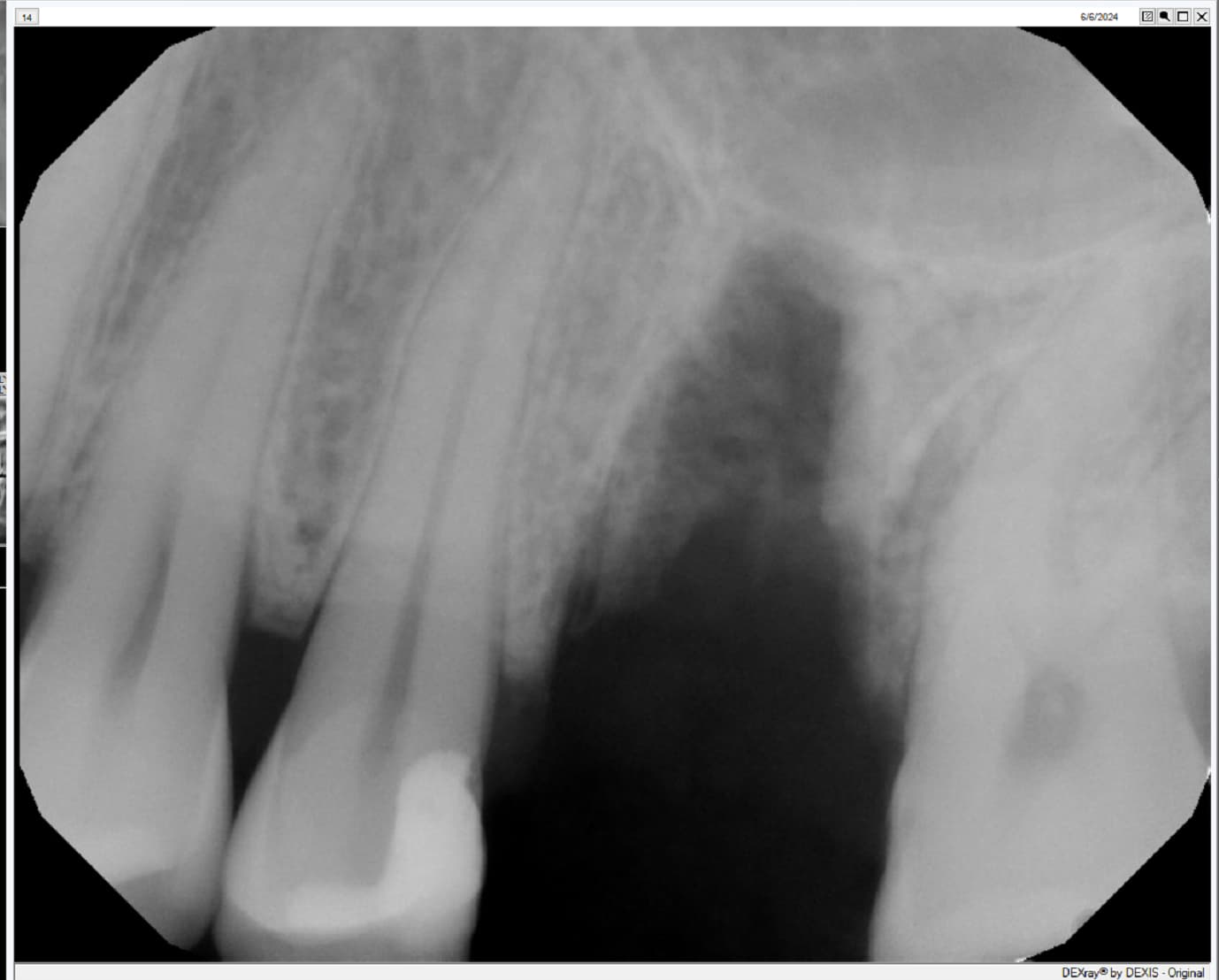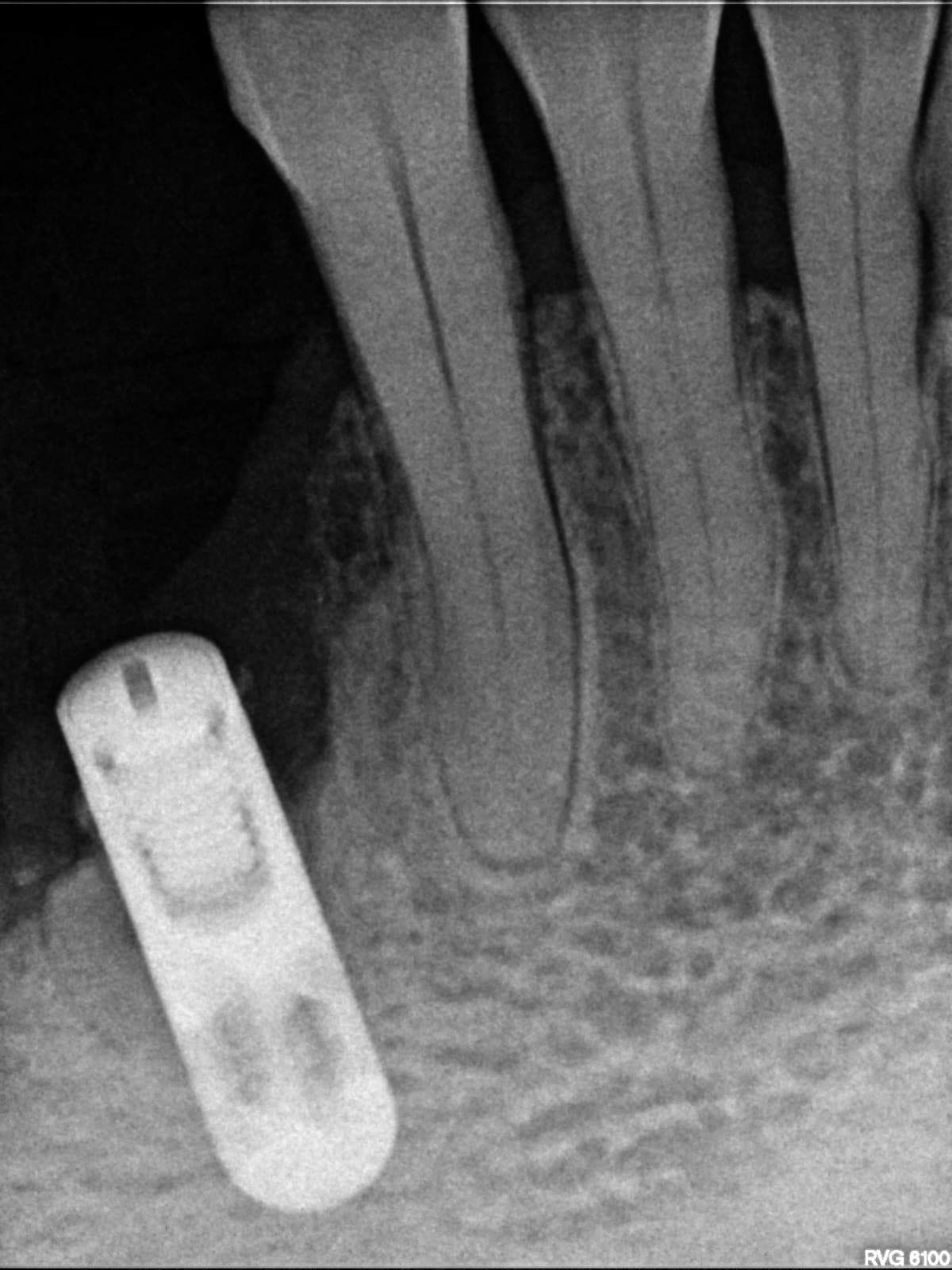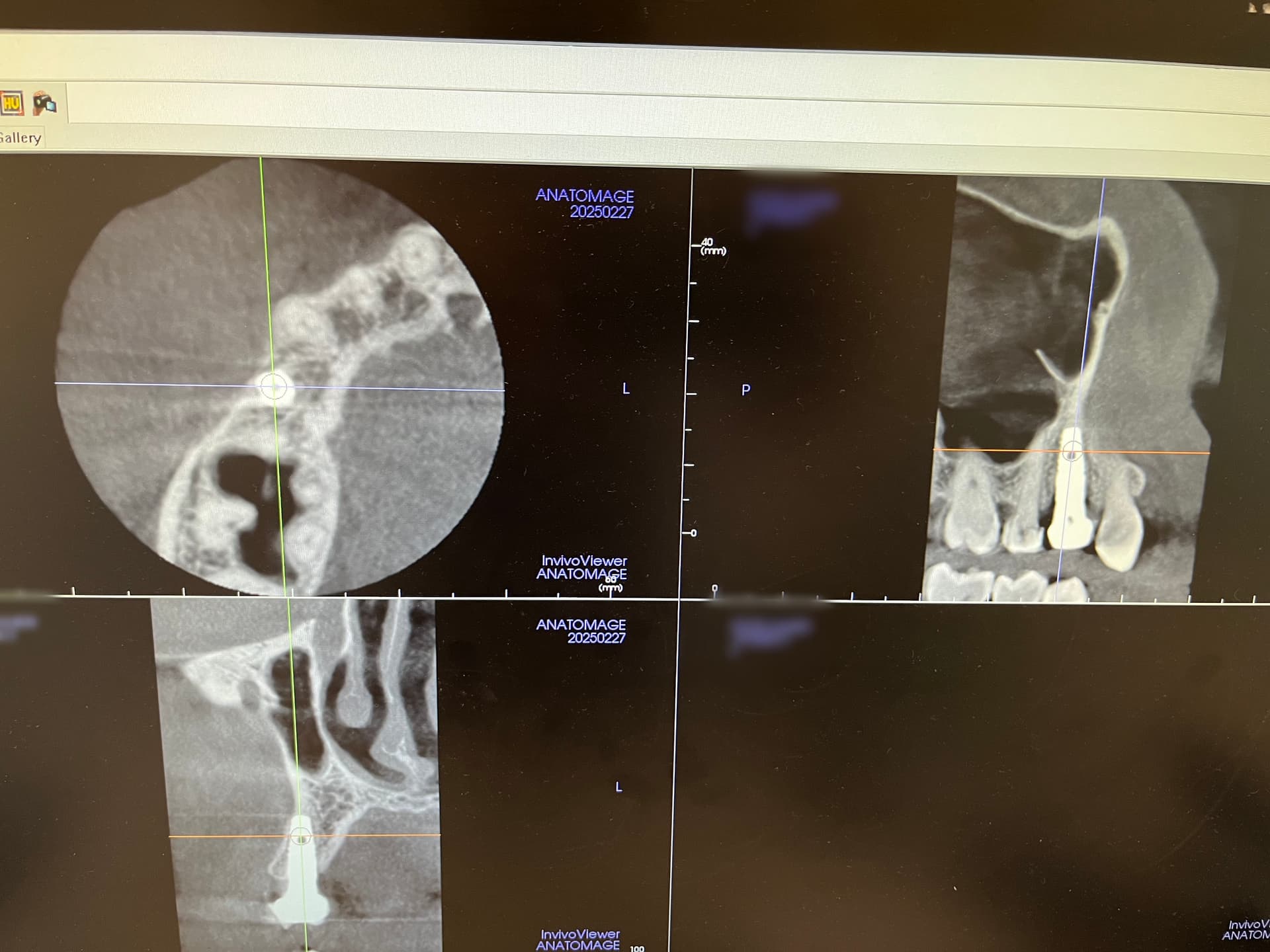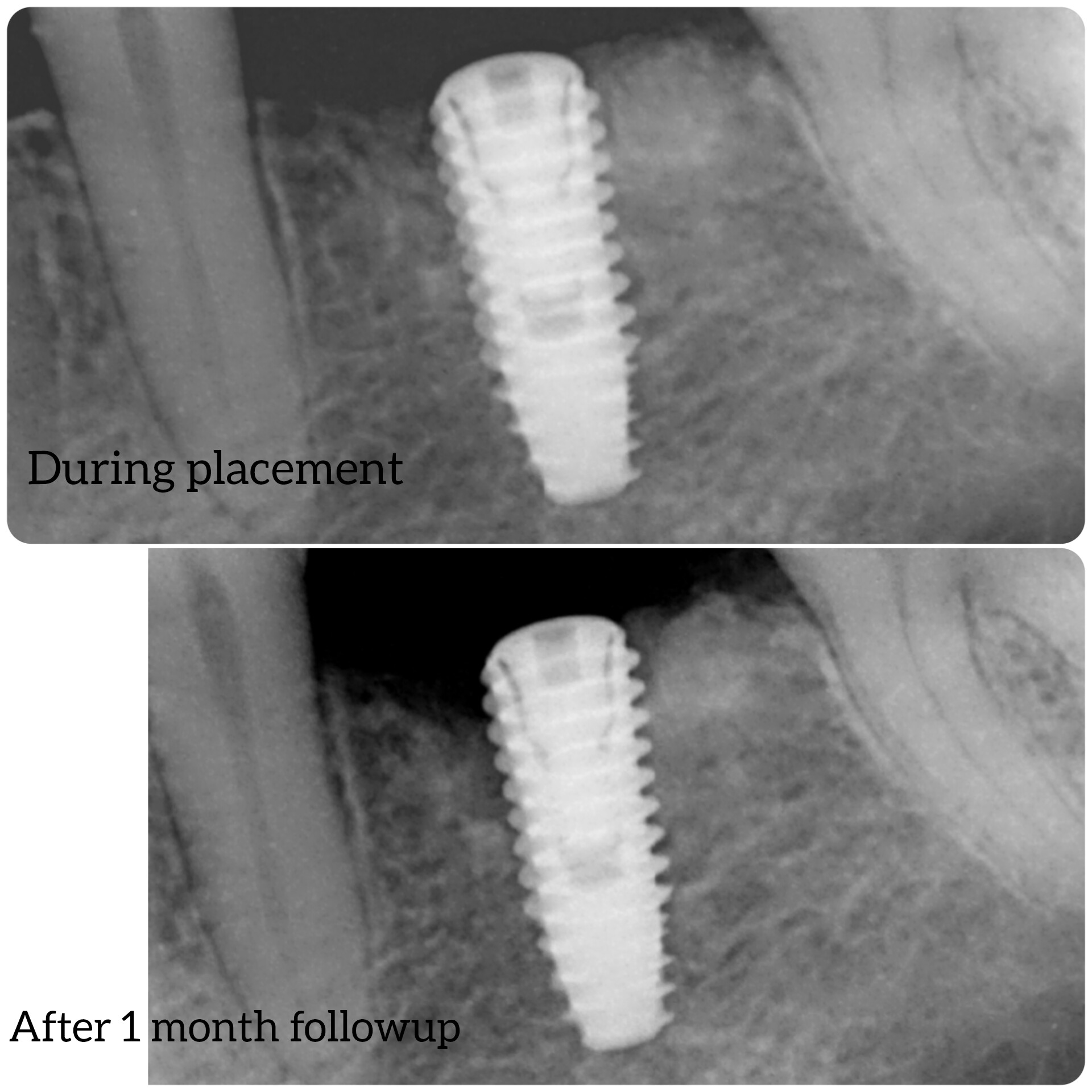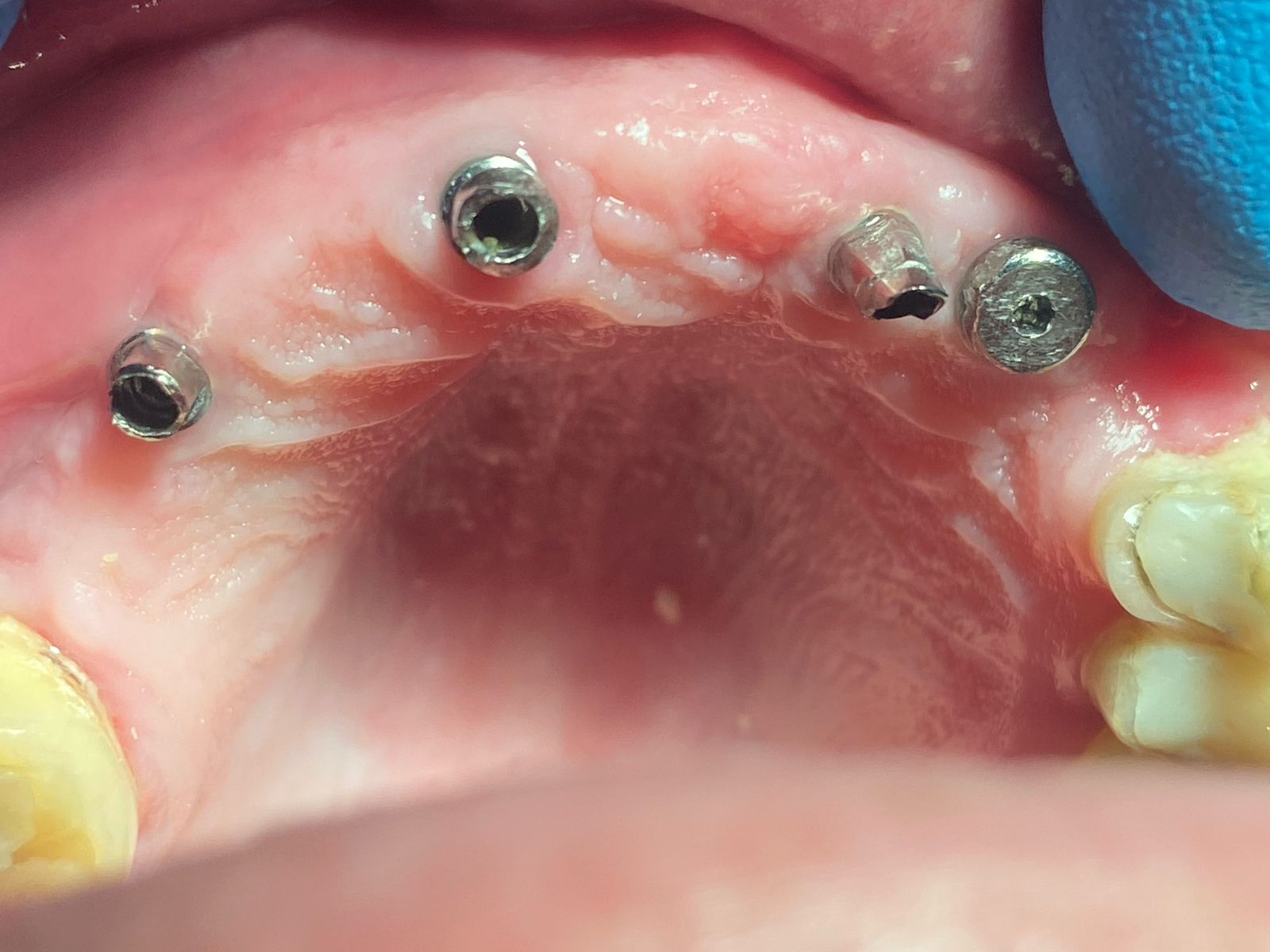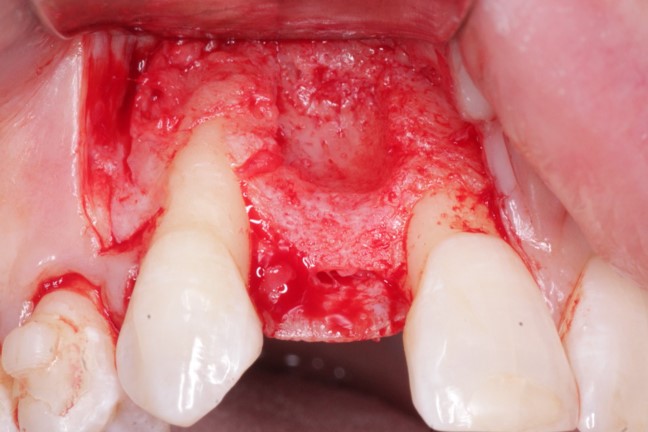CTX Test: Guidelines for Use in Treatment Planning for Implants?
Dr. T. asks:
I just interviewed a new patient who left a previous dentist over a treatment plan involving a dental implant. She brought the test results from a blood test from a medical laboratory which her prior dentist ordered for the determining her suitability for an implant. The test was CTX and the results were Collagen Type I C-Telopep (CTX)–105 pg/ml. I am not sure what this means in terms of suitability for implants. Where can I find more information about this and guidelines for use in diagnosing and treatment planning patients for implants?
6 Comments on CTX Test: Guidelines for Use in Treatment Planning for Implants?
New comments are currently closed for this post.
John Stedman DMD MD
7/6/2009
CTX is not the standard for Bispho. Not enough literature to support CTX. Go online to the ADA website and view the current guidelines for management of patients on bispho drugs.
For more infor on CTX Dr Robert Marx has a couple articles in J Oral max Surgery and a textbook offered by quintpub
Dr. Sanjeev Sharma
7/7/2009
I have been doing work on patients on Fosamax after CTX test. The level should be more than 150 pg/ml. We inform the patient for all possible complications of ONJ and possible treatment at wound healing clinic in case of any complications.
David Levitt
7/7/2009
Bisphosphonates take roughly 7 years to saturate in bone and nearly 12 years to finally be gone. So the concept of "taking the patient off of the drug for 3 months prior to the procedure" makes absolutely no sense. There are only two "tests" we can use for these patients. The first is simple: ask how loong they have been on the drug. Under two years is probably fine as the drug has not had enough time to reach full saturation. The other is to use a bone metabolism test such as the CTX or NTX. These provide a measure of bone osteoclastic and osteoblastic activity by measuring the presence of a peptide that is the by-product of bone breakdown. The CTX is a blood test that requires the patient to fast. The NTX is a blood or urine test that does not require fasting. Marx has stated the CTX value needs to be 150pg/ml or higher. The NTX value should be in excess of 60units/mmol. Both will tell you that bone is still metabolising and therefore should withstand a dental procedure. If nothing else they will keep you out of court should ONJ (osteonecrosis) occur. The NTX urine test can be purchased for home administration should you choose to provide that service.
Ryan Woodman
7/9/2009
Wow - Thanks David. I tend to refer these types of cases to a specialist for care (and will likely continue to) but that was a great, concise answer. There has been so much speculation/hearsay and anecdotal evidence about this. I have been trying to geet a handle on some more concrete tests/numbers for a while. Do you have any citations I could look at regarding the actual test numbers and how they relate to the threshold of bone metabolism? Again, thanks.
Ryan
Dr.Abhijeet
7/12/2009
Well all these tests are not done in India can please tell me some other mode of determining the bone osteoclastic method which we can use for patience betterment.
David Levitt
7/17/2009
To Dr. Abhijeet: try serum BAP
To Ryan: The articles are all on the medical side. You might try "Bone metabolic marker for osteoporosis" by Shidara, M










